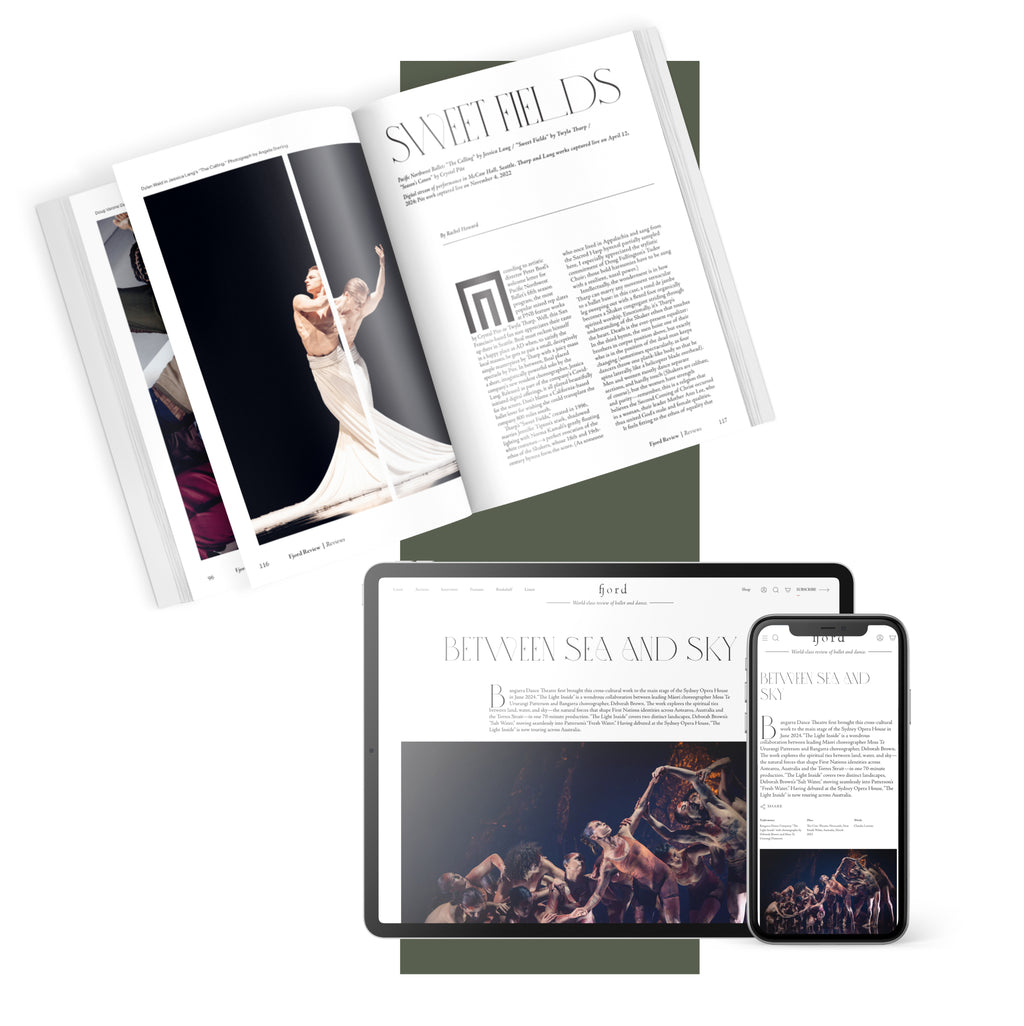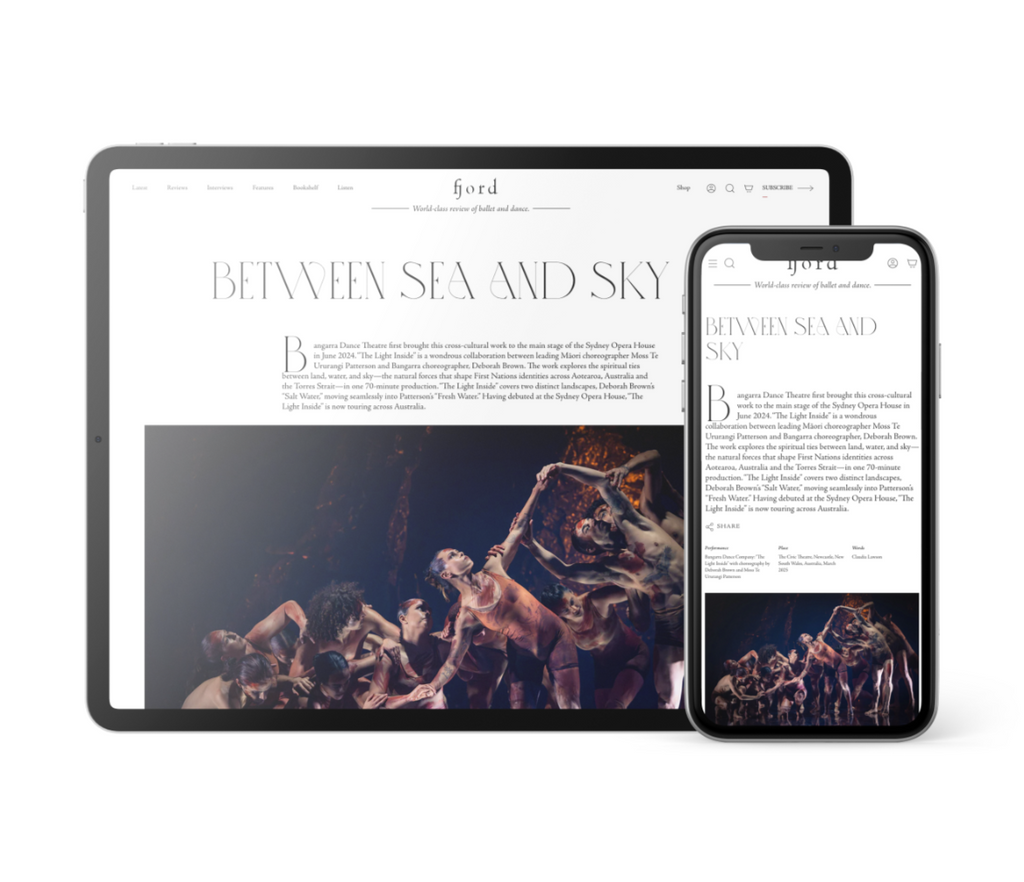Rozo, a Southern California favorite, then assayed a propulsive “Alegrias,” offering a firestorm of filigreed fingers and fleet footwork, as well as several whipping turns, her cat-like eyes hinting at some unknown mystery and reminding this reviewer of a portrait come to life, specifically that of Carlotta in Alfred Hitchcock’s “Vertigo.” Rozo’s backward bends seemed to say she was just getting warmed up, a terpsichorean train careening down the tracks, with de Lola’s raspy singing further propelling her until she skittered off the stage.
Mexican-born Albalos is a frequent presence on the flamenco scene. With her zaftig figure amplifying her swiveling, swirling hips, she then owned the space in “Solea por Bulerias,” her serpentine-like hands and grenade-fueled stomping nothing short of mesmerizing. Add to that a round of fearless body-slapping, with flowers flying from her hair and an earring lodging itself in her shawl, and this performer nevertheless radiated majesty.
After a brief intermission, the dancers, now clad in an array of riotously polka dotted sevillanas—think Yoyoi Kusama, the Japanese artist obsessed with that particular circle motif—executed precise unisons, lending the mood an air of jubilance, with McGuire’s crack accompaniment and de Lola’s throaty vocals coursing through the theater.
When Yaelisa, who, in her illustrious career, was the co-founder and artistic director of the highly successful New World Flamenco Festival at the Irvine Barclay Theater (bring that celebration back, por favor!), did her “Solea,” she absolutely ruled. Bathed in purple light, she offered an excursion into arm flourishes and intricate steps, her feet a display of mini-volcanic eruptions as she continued her dance in full-throttle attack mode.
Statuesque, Yaelisa reached heavenward with her arms before assaying a series of quarter turns. Then, rocking back and forth on her heels and drawing a breath, she took a moment to . . . button her vest. Yes, even that small act of buttoning—which she did, with brio, of course—can be regal in flamenco, and Yaelisa proved she still has it all going on. Indeed, from strutting and preening to slow spinning and executing a fusillade of stampings, Yaelisa’s moves were akin to a purring Ferrari engine.
When the other two gals joined her for the “Fin de Fiesta,” which also included rounds of syncopated clapping and a dollop of body quaking, they dazzled with sharp, jabbing footwork, which was punctuated by McGuire’s stellar sounds and de Lola’s piercing laments, the authenticity of the latter’s heart-wrenching vocals reaching a fever pitch.
The drama was high, the art higher, but there was also a feeling of unmitigated pleasure. It’s actually quite remarkable what five humans in a small theater can do. But that is the beauty of art. After all, who needs 21st century technology when we’ve got the earth and fire of first-class flamenco?










comments